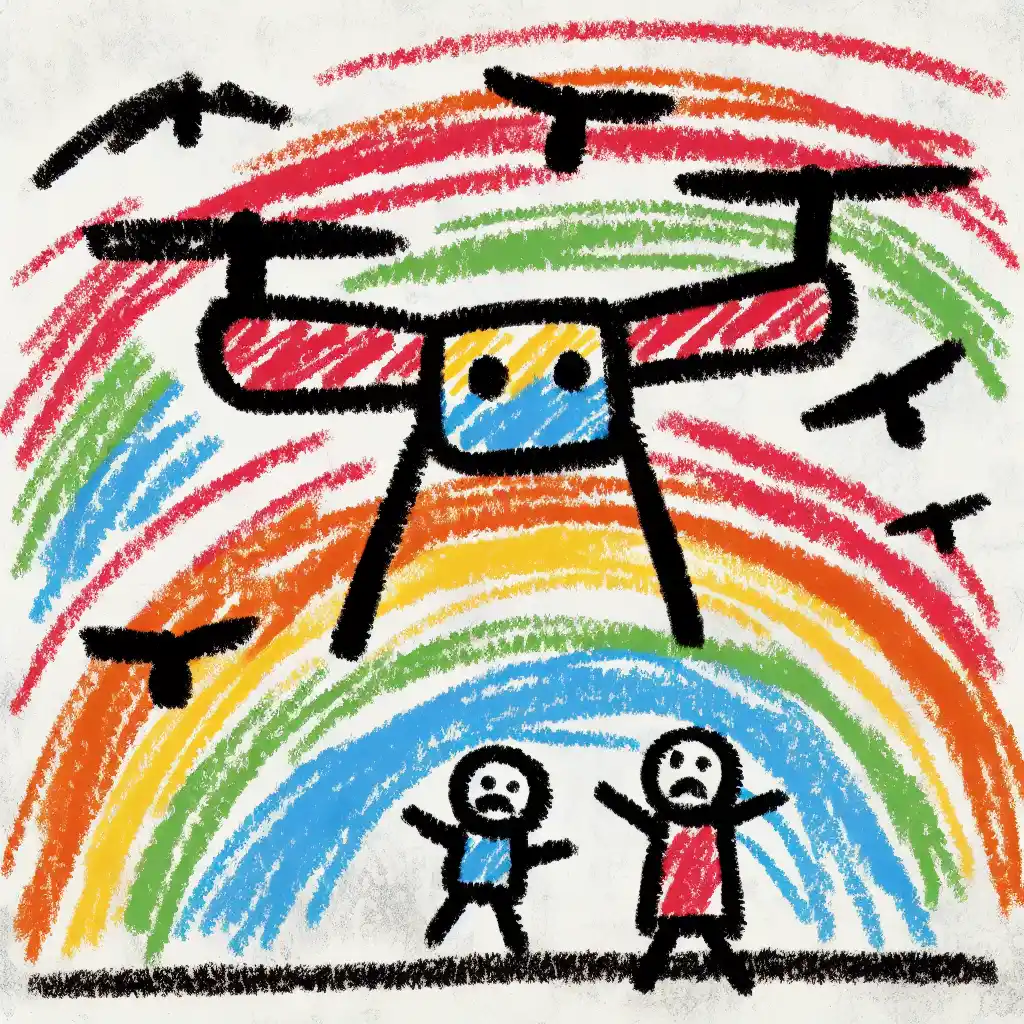Russia's intensifying drone war is spreading fear and eroding Ukrainian morale

Explain Like I'm 5
Imagine you have a remote-controlled toy helicopter that you can fly around your backyard. Now, imagine if someone used lots of these helicopters to scare people and break things far away. In Ukraine, something similar but much scarier is happening. Russia is using lots of drones, which are like very advanced remote-controlled helicopters, to fly into Ukraine and cause trouble. These drones can damage things and make people feel scared and unsafe, which is making it really hard for everyone there to feel happy or hopeful.
Explain Like I'm 10
Russia and Ukraine are two countries that are not getting along very well right now. Russia has started using something called drones, which are like small pilotless airplanes controlled from far away, to attack Ukraine. These drones can fly into Ukraine and hit important places, causing damage and making people very scared. This is a big problem because it's not just one or two drones; there are many of them, and they come often, which makes it hard for people in Ukraine to live their normal lives. This constant worry and fear are making people in Ukraine feel very down, as they're always having to watch out for these drone attacks. It's a bit like how you'd feel if you never knew when a big storm was going to hit, and you always had to be ready to run and hide.
Explain Like I'm 15
Currently, there's a significant escalation in the conflict between Russia and Ukraine, where Russia has increased its use of drones to carry out attacks inside Ukraine. These drones are unmanned, meaning they don't have people inside them, and they can be controlled from a great distance to drop bombs or crash into targets. The strategy behind using these drones is to hit important infrastructure and create a constant state of alert and fear among the Ukrainian population, thereby weakening the morale and resistance of the people and the military.
This tactic also has broader implications. It strains Ukraine’s resources because the country has to spend more money and effort on defense systems to intercept these drones, diverting attention from other pressing needs. On a larger scale, it affects international relations, as it could prompt other countries to either step in to help Ukraine or criticize the actions, affecting diplomatic ties. The continual drone attacks not only have immediate physical impacts but also long-term psychological effects on the citizens, potentially leading to increased pressure on the Ukrainian government to find a resolution or retaliate, which could escalate the conflict further. This situation is a modern example of how warfare and conflict are evolving with technology, making it more complex and far-reaching.
Want to read the original story?
View Original Source